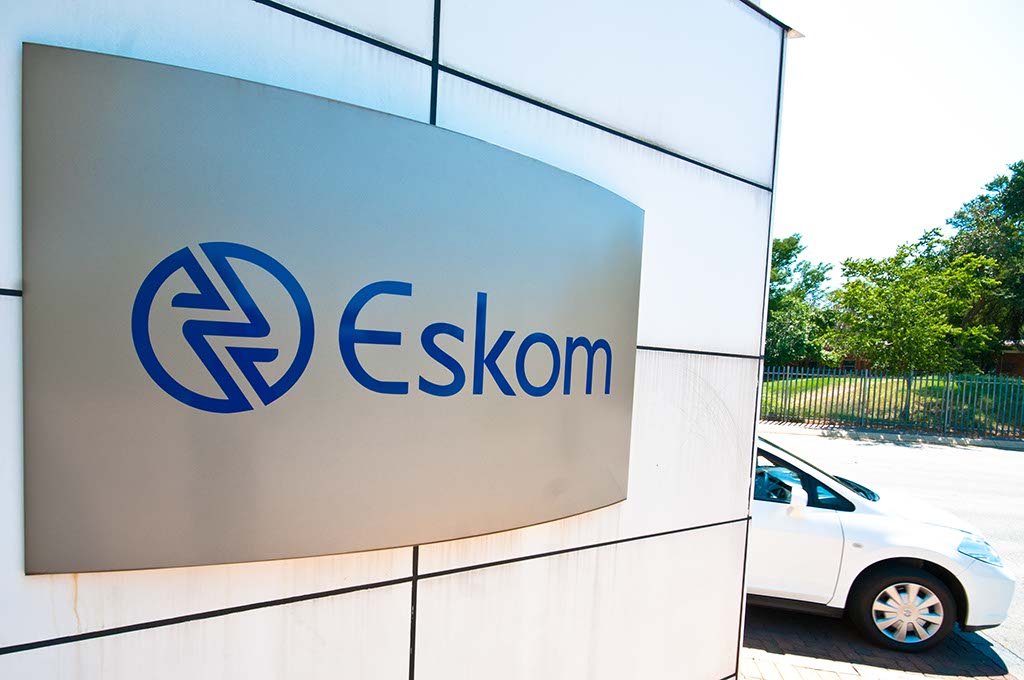Business bodies and sectors have cautioned that the above inflation tariff hikes granted by the National Energy Regulator (Nersa) to Eskom could undermine economic recovery efforts as electricity is a major input cost.
The regulator announced on Thursday that electricity prices will rise by 9.41% in 2019/2020, 8.1% in 2020/2021 and 5.2% in 2021/2022. The consumer price index in January was recorded at 4%.
“Busa has consistently emphasised the need for any tariff adjustments to be considered on the basis of affordability, justifiability and prudence. It also needs to be assessed against any restructuring of Eskom to ensure a fit-for-purpose electricity supply industry,” said Business Unity SA’s (Busa) Vice-President Martin Kingston.
The increases for the next three years are on top of the 4.41% hike for the next three years, approved by Nersa in October, on Eskom’s Regulatory Clearing Account (RCA) application. The RCA refers to funds Eskom can recover due to an electricity shortfall or an escalation in operating costs.
Eskom will also be allowed to “claw back” R3.86bn from its RCA for 2017/2018, Nersa said, and further details of this will be announced soon.
“The unintended consequences of today’s decision may result in a further decline in Eskom’s customer base, as users seek more reliable and cost-effective alternatives, exacerbating the debt spiral,” Busa said in a statement.
The mining industry, which consumes around 30% of Eskom’s annual power supply also sounded the alarm bells on Thursday and the Minerals Council of SA said the higher than inflation increases that were granted, amounted to nearly two-thirds of what the power utility applied for.
Accelerating job losses
“There is no doubt that these substantial tariff increases will have a major impact on the industry’s cost structure, jeopardising the viability of marginal and loss-making mines and, inevitably, accelerating job losses at energy-intensive mines in particular,” the Minerals Council’s Chief Economist Henk Langenhoven said.
The mining industry warned at Nersa’s public hearings in January that Eskom’s request for between 15%-17% hikes in the next three years could see the sector shed 150 000 jobs. Langenhoven said the regulator has chosen to support “Eskom’s own inevitable downward spiral that will come as a result of inflated tariff increases and declining electricity usage by a critical consumer.”
The Steel and Engineering Industries Federation of Southern Africa (Seifsa) also expressed concern about the impact of the tariff hikes on the manufacturing industry and job creation.
“Considering that investment decisions are often driven by the opportunity cost and the return on investment, Nersa has missed a unique opportunity to support businesses towards improving profits,” said Seifsa economist Marique Kruger
She added that Nersa’s decision is likely to worsen uncertainty within the sector over the next three to four years, making it more difficult for companies to plan production processes ahead.
“The direct impact to electricity-intensive sub-sectors carrying high job numbers will be alarming, since more companies may close down,” Kruger said.
Eskom said earlier the board would decide how to address the R102bn shortfall in revenue over the next three years because of the Nersa decision. The embattled power utility projects a R20bn loss in the financial year to March and said that even if the 15%-17% tariff hikes were awarded, further losses could still be expected in the next year.
[source: fin24]





 WhatsApp us
WhatsApp us 

